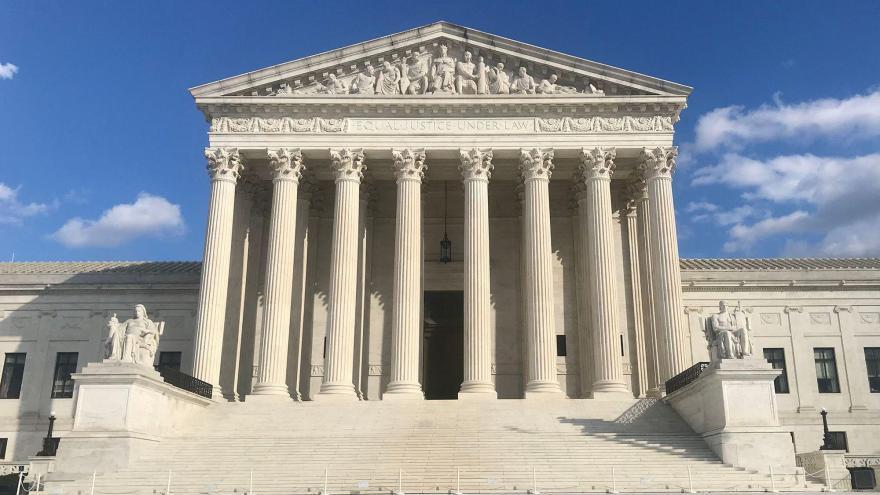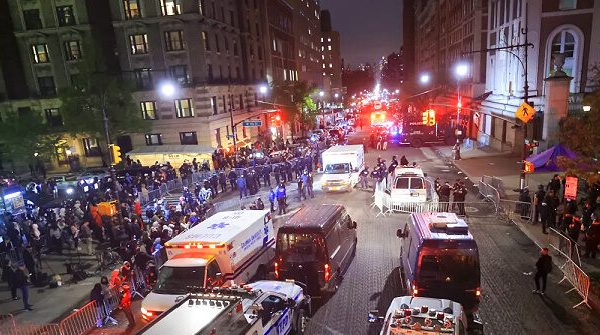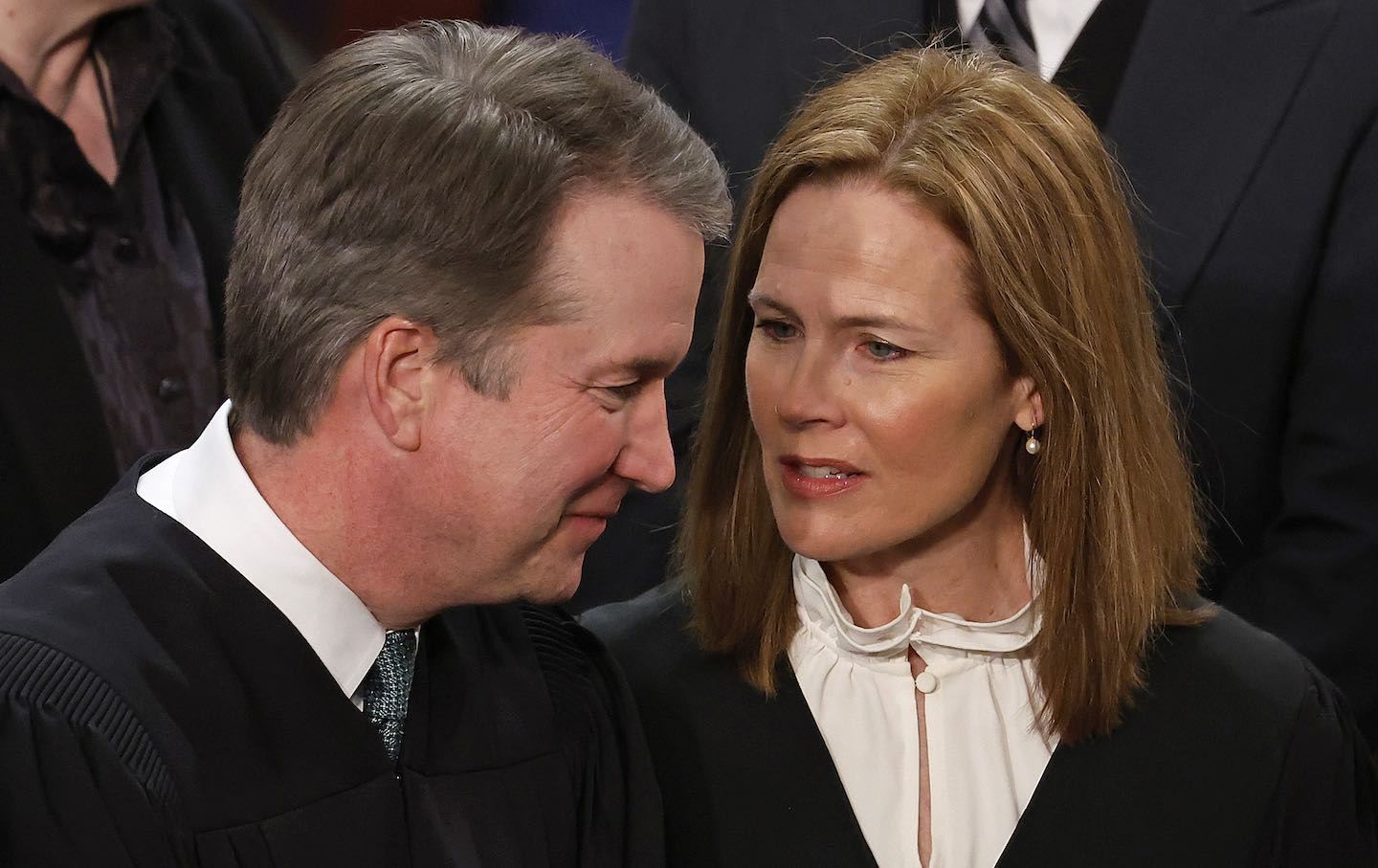On Tuesday evening, there was a glimpse of what the Trump campaign wants for border surveillance. The Supreme Court allowed Texas to enforce a tough immigration law, SB 4, for a short while. This law lets Texas take control of immigration enforcement, which is usually a federal job. But later, a higher court stopped Texas from enforcing the law again, at least for now.
The Supreme Court’s decision didn’t come with a full explanation, but Justice Amy Coney Barrett said it was just a temporary decision. She didn’t give her opinion on whether the Texas law is right or wrong.
The higher court’s decision to cancel the temporary permission to enforce the law again might suggest that the Supreme Court leans towards supporting strict laws like SB 4. But this doesn’t mean they’ve made a final decision about the law itself.

Supreme Court (Credits: Michael Reynolds/EPA-EFE/Shutterstock)
The fight over whether Texas can enforce SB 4 is still ongoing. Many people believe the law is against the Constitution because it gives Texas too much power over immigration, which is usually a federal matter.
Texas even wants its state courts to handle deportations, which has always been a federal job. Some worry that if Texas wins, it could set a dangerous precedent for other states to follow, leading to more unfair treatment of immigrants.
This case highlights a bigger issue: the power and influence of the Supreme Court. Some think the Court is becoming too powerful and making decisions that go against what’s fair or right. They argue that it’s time to change how the Court operates to prevent this from happening.
The fight over SB 4 is just one example of a bigger problem with the Supreme Court’s power, and it’s time for people to start pushing for change.
























